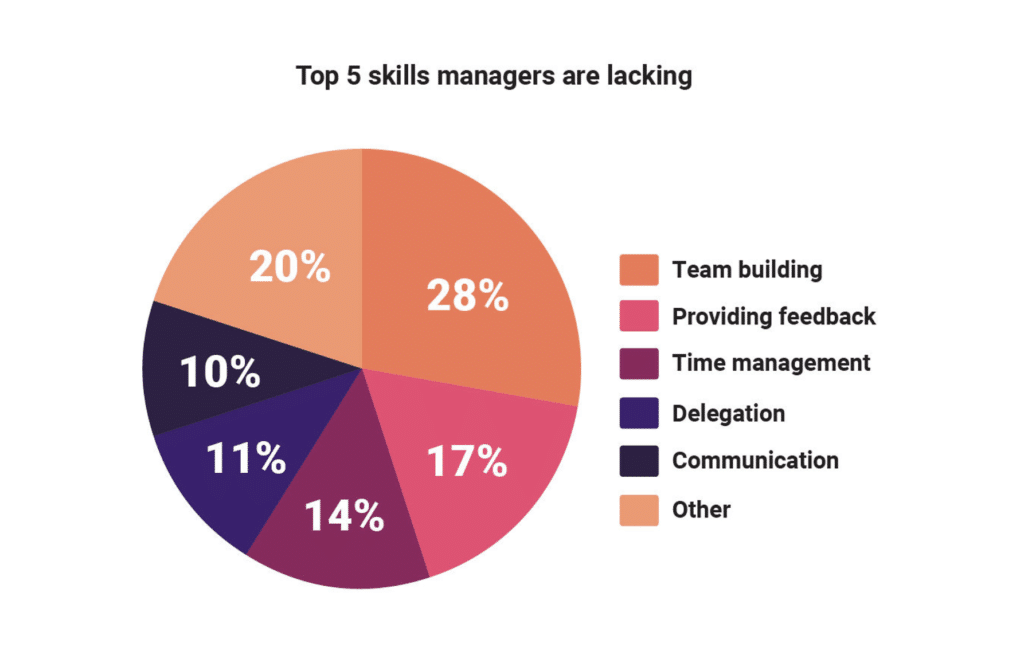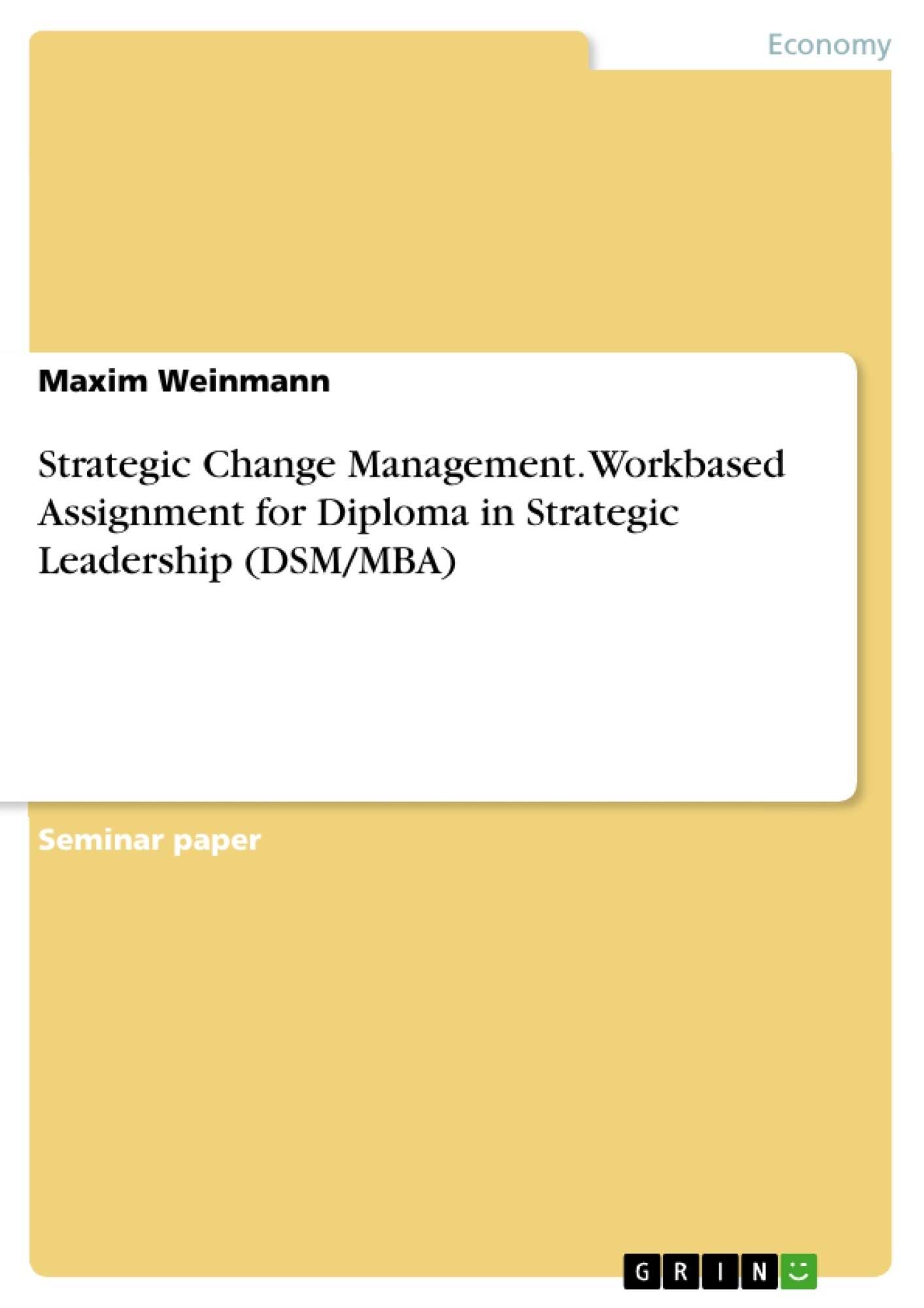
Many operational risks are faced by organizations. Major disruptions can be caused by the human factor. This includes internal fraud, mistakes that can have serious consequences, and misconduct. In their risk assessment, operational risk executives place a high value on the human factor. They also look for failure modes within business units. These failure modes can be due to a lack of compliance, poor competency, or attrition of key employees.
Fraud
In the banking industry, fraud has been a growing concern. The OCC predicts that fraud will increase by nearly 40% in 2020 for large and mid-sized digital financial service organizations. Internal fraud includes asset misappropriation and tax non-compliance. Bribes are also possible. External fraud includes data theft, system breaches and check fraud. The fraud risk is increasing with an increase transaction volume and sophisticated fraud tools that criminals have access to. This is not only costly for banks, it disrupts the operations.
Emerging risks pose challenges for banks and require specialized knowledge. Understanding new vulnerabilities, fraud typologies, first-line processes, and how to manage fraud risk is one example. It also involves monitoring conduct risks. This means knowing about gameable systems, nontransparent communications, and other such things.

System failures
Two major types of operational risk can be classified. First, there is the possibility that a system may fail. There are many ways this risk could occur. For example, a system may fail due to power fluctuations, which can damage data stored in the system. This could result in bank transactions being lost or financial data being corrupted. Another cause of system failure can be a virus attack. This can damage data and even destroy entire systems. The final reason a system might fail is due to an external event like a natural disaster or human error.
Organisations with robust business continuity plans are well positioned to address operational risks. This plan can also include a plan to recover from a failure of the primary system. This plan will ensure that all measures are taken to protect the company in case of disaster.
Terrorism
The management of operational threats from terrorism presents many challenges. It is difficult to predict terrorist behavior because they are unpredictable and can change quickly. Nevertheless, there are ways to mitigate the risk. First, you can develop intelligence capabilities. This capability is useful in identifying the risk parameters and determining the appropriate risk/reward ratios. Moreover, it can help determine the probability of terrorism occurring. Once an organization understands these parameters, it can respond more rationally and practically.
Many countries are facing increasing operational risks from terrorism. Terrorists now have new vulnerabilities due to globalization, technological advances, and networked societies. To effectively counter these threats, governments must develop strong intelligence capabilities, improve their understanding of the threat environment, and work with their provincial and municipal counterparts. For example, the Canadian Association of Chiefs of Police maintains a Counterterrorism & National Security Committee. It is composed of senior officials from the RCMP of Canada and the provincial and municipal police forces.

Employer compensation claims
Compensation claims for employees can arise from workplace operations risks. These claims cost businesses money. Employers with less experience are more likely than others to sustain an injury or lose a work day. This makes them a good candidate for compensation. A Prime Insurance Company evaluation of operational risks in the workplace can help determine which risks you should consider.
Professional claims management positions require the ability to manage unique claims, analyze loss exposures and underwrite claims. Claims management specialists evaluate the economic impact of a case, devise effective strategies to resolve it, and compile all documentation necessary for awarding benefits. They can provide expert testimony and functional advice in court.
FAQ
What is Kaizen?
Kaizen is a Japanese term meaning "continuous improvement." It is a philosophy that encourages employees to constantly look for ways to improve their work environment.
Kaizen is founded on the belief of everyone being able to do their job well.
What are some common management mistakes?
Sometimes, managers make their job more difficult than it is.
They may not assign enough responsibilities to staff members and provide them with inadequate support.
Additionally, many managers lack communication skills that are necessary to motivate and direct their teams.
Some managers set unrealistic expectations for their staff.
Some managers may try to solve every problem themselves instead of delegating responsibility to others.
What are the steps of the management decision-making process?
The decision-making process for managers is complex and multifaceted. It involves many factors, such as analysis and strategy, planning, execution, measurement, evaluation, feedback etc.
Management of people requires that you remember that they are just as human as you are, and can make mistakes. You are always capable of improving yourself, and there's always room for improvement.
We explain in this video how the Management decision-making process works. We will discuss the various types of decisions, and why they are so important. Every manager should be able to make them. The following topics will be covered:
What does "project management" mean?
That is the management of all activities associated with a project.
Our services include the definition of the scope, identifying requirements, preparing a budget, organizing project teams, scheduling work, monitoring progress and evaluating the results before closing the project.
What is TQM, exactly?
The quality movement was born during the industrial revolution when manufacturing companies realized they could not compete on price alone. They needed to improve the quality and efficiency of their products if they were to be competitive.
Management responded to the need to improve, and developed Total Quality Management (TQM). This focused on improving every aspect of an organization’s performance. It involved continuous improvement, employee participation, and customer satisfaction.
Statistics
- The average salary for financial advisors in 2021 is around $60,000 per year, with the top 10% of the profession making more than $111,000 per year. (wgu.edu)
- As of 2020, personal bankers or tellers make an average of $32,620 per year, according to the BLS. (wgu.edu)
- The profession is expected to grow 7% by 2028, a bit faster than the national average. (wgu.edu)
- 100% of the courses are offered online, and no campus visits are required — a big time-saver for you. (online.uc.edu)
- UpCounsel accepts only the top 5 percent of lawyers on its site. (upcounsel.com)
External Links
How To
How do you use the 5S in your office?
A well-organized workspace will make it easier to work efficiently. A clean desk, a neat room, and a well-organized space are all key factors in ensuring everyone is productive. The five S's (Sort, Shine, Sweep, Separate, and Store) work together to ensure that every inch of space is used efficiently and effectively. This session will take you through each step and show you how they can fit into any environment.
-
Sort. You can get rid of all papers and clutter, so you don’t waste time looking for what you need. You need to put your things where you use them the most. It is a good idea to keep things near where you are most likely to refer to it. You should also consider whether you really need to keep something around -- if it doesn't serve a useful function, get rid of it!
-
Shine.Keep your belongings neat and orderly so that you spend less time cleaning up after yourself. You should get rid of any items that could be harmful or cause injury to others. Find a safe way to store pens that you don't want anyone else to see. A pen holder is a great investment as you won't lose your pens.
-
Sweep. You should clean your surfaces often to prevent dirt and grime from building up. You might want to purchase dusting equipment in order to make sure that every surface is as clean as possible. To keep your workspace tidy, you could even designate a particular area for dusting and cleaning.
-
Separate. Separating your trash into different bins will save you time when you need to dispose of it. Trash cans are placed in strategic locations throughout the office so you can quickly dispose of garbage without having to search for it. It's a great idea to place trash bags beside each bin, so you don’t have to go through tons of garbage to find what it is.